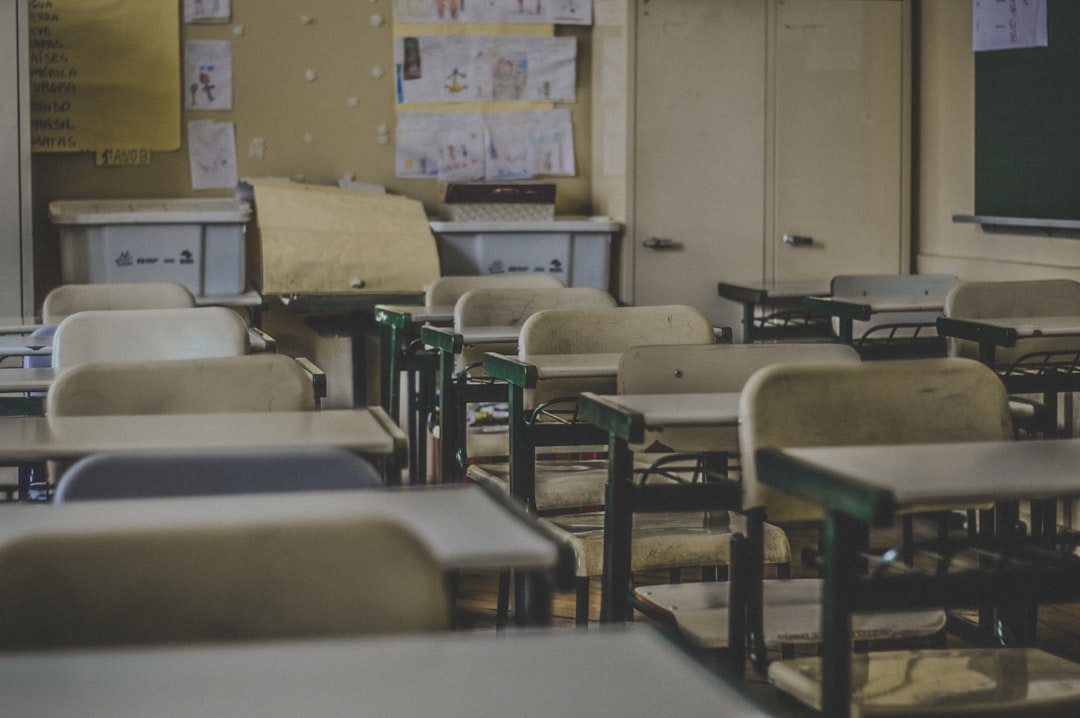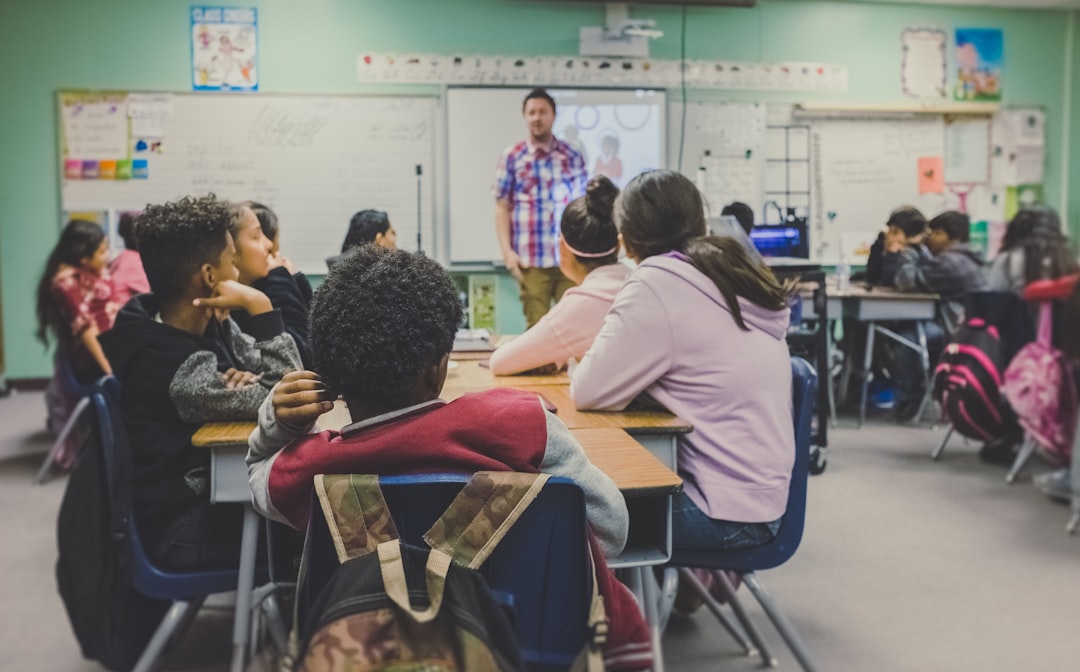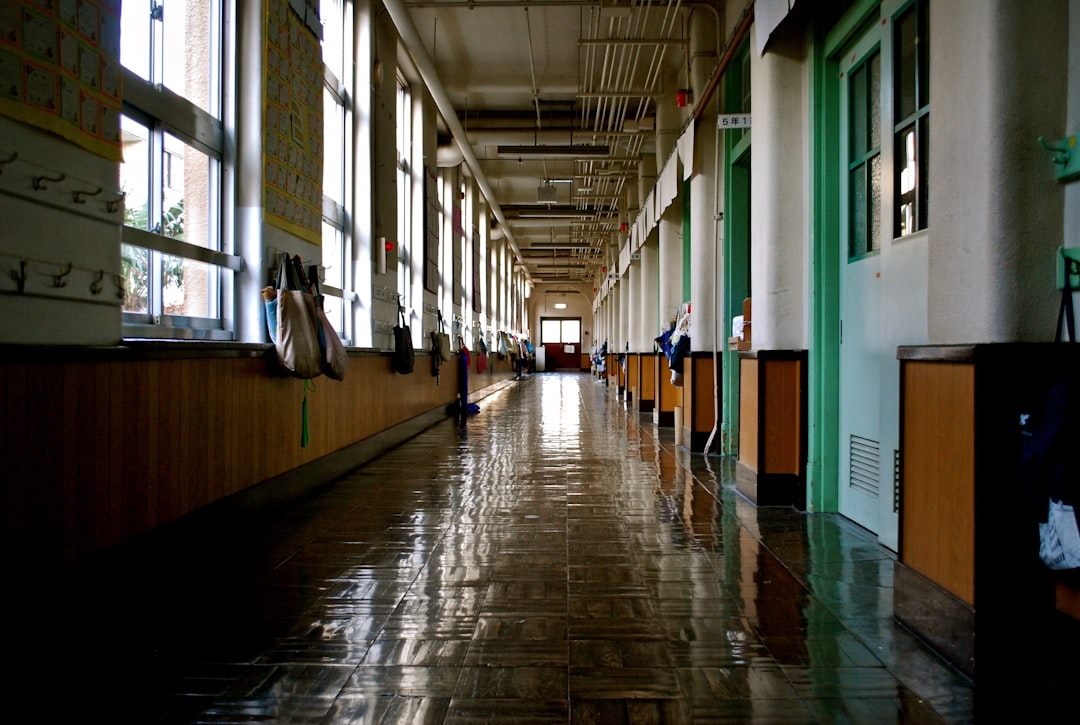Maintaining a safe learning environment in Queens, New York, requires strict adherence to physical contact policies. These policies, designed to prevent school abuse, mandate clear guidelines on teacher-student interactions, emphasizing consent and personal space. Teachers undergo training to implement these rules, fostering an atmosphere where students feel respected and comfortable. Comprehensive staff training, recommended by school abuse lawyers, covers various scenarios, from basic assistance to emergencies, empowering educators to respond appropriately and deterring potential abusers. The focus is on using positive physical contact sparingly, with explicit student consent, age-appropriate interactions, and maintained professional boundaries, ensuring trust and safety in Queens' educational settings.
In Queens, ensuring student safety through proper physical contact is paramount. This comprehensive guide explores the critical role of staff training in preventing educational abuse. We delve into the intricate web of policies, legal considerations, and best practices that shape interactions between teachers and students. From understanding New York’s stringent regulations to implementing positive contact strategies, this article equips educators and advocates with essential tools to foster secure learning environments. For school abuse concerns, connect with local New York lawyers specializing in these matters.
Understanding Physical Contact Policies in Queens Schools
In Queens, understanding and adhering to physical contact policies in schools is paramount to maintaining a safe and respectful learning environment. These policies are designed to protect both students and staff, preventing any instances of school abuse. Lawyers specializing in educational law in New York emphasize that every school must have clear guidelines on appropriate physical interactions between teachers and pupils. Such policies ensure that what may seem like harmless contact is governed by established boundaries, promoting a culture of consent and personal space.
Teachers play a crucial role in implementing these rules, ensuring that their actions are within the permitted range. Training sessions should cover various scenarios to help staff recognize potential violations. By staying informed about physical contact policies, educators can foster a secure atmosphere where students feel comfortable and respected, deterring any potential school abuse cases.
The Role of School Staff Training in Preventing Abuse
Training staff on proper physical contact with students is a vital step in preventing school abuse in Queens, New York. It equips educators and support staff with the knowledge and skills to interact safely and respectfully with young people, setting clear boundaries that protect both parties. Effective training can mitigate risks by fostering an environment where consent, personal space, and appropriate touch are openly discussed and understood. This proactive approach not only ensures student safety but also empowers school personnel to respond appropriately if any concerns or incidents arise, potentially serving as a deterrence for potential abusers.
School abuse lawyers in New York emphasize the importance of comprehensive training programs that cover various scenarios, including but not limited to, basic physical assistance, disciplinary actions, and emergency situations. By providing clear guidelines on permissible touch and de-escalation techniques, schools can minimize instances of inappropriate contact and better protect their students. Such initiatives demonstrate a commitment to creating a safe learning environment, which is essential for student well-being and academic success.
Legal Considerations for Teachers and Students Interaction
In Queens, as in all educational settings, teachers must navigate a delicate balance between fostering a supportive learning environment and adhering to strict legal guidelines regarding physical contact with students. The issue of school abuse, particularly involving inappropriate physical interactions, has been a significant concern, leading to increased scrutiny by New York’s legal system. Teachers are well-advised to be mindful of the boundaries they cross, as even seemingly minor incidents can result in serious repercussions.
Legal considerations for teachers and students’ interaction are paramount. Any form of contact must be consensual and appropriate for the educational context. School abuse lawyers in New York highlight that what may seem like a harmless pat on the back or a firm hug could constitute assault if it makes the student feel uncomfortable or violates their personal space. It’s crucial for teachers to foster open communication, ensuring students feel empowered to express boundaries and report any inappropriate behavior. This awareness can be enhanced through comprehensive training programs that educate both staff and students about consent, appropriate physical interactions, and the available resources for addressing concerns related to school abuse.
Best Practices for Positive Physical Contact in Educational Settings
In educational settings, positive physical contact should be used judiciously and with clear consent from students to build trust and promote a safe environment. Best practices include ensuring all interactions are appropriate for the student’s age, maintaining professional boundaries, and seeking alternative methods of affirmation or comfort when possible. Teachers and staff must be trained to recognize and respect individual personal space needs and cultural differences that may influence comfort levels with physical contact.
School abuse lawyers in New York emphasize the importance of clear communication and documentation regarding physical contact. Any physical interaction should be voluntary and consensual, with explicit permission from the student or their guardian where applicable. It’s crucial to establish a culture of open dialogue where students feel comfortable expressing their boundaries and concerns. Regular training sessions can help staff stay informed about legal guidelines and ethical considerations surrounding proper physical contact in schools.
Resources and Support for Addressing Student Safety Concerns
In addressing student safety concerns related to physical contact, Queens schools have access to a range of resources and support systems. Educational institutions should actively engage with school abuse lawyers in New York to ensure compliance with local laws and regulations regarding child protection. These legal professionals can provide guidance on establishing clear policies and procedures for staff training, investigation protocols, and appropriate disciplinary actions.
Beyond legal counsel, there are various non-profit organizations and government agencies dedicated to student safety. These entities offer workshops, webinars, and educational materials focused on preventing and addressing school abuse. By leveraging these resources, Queens schools can foster a culture of awareness, accountability, and proactive safety measures, ultimately safeguarding students from any form of physical misconduct or abuse.






